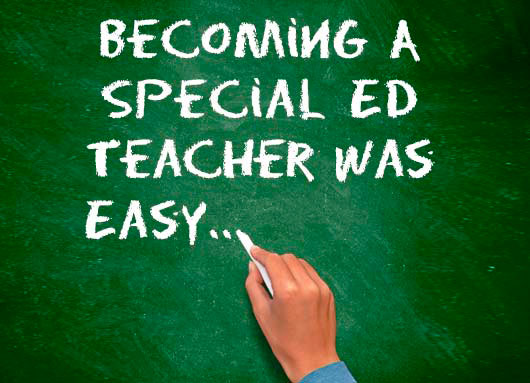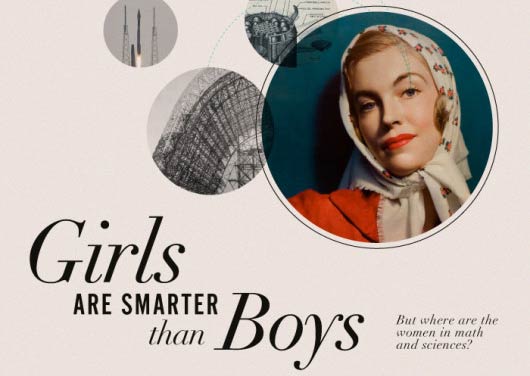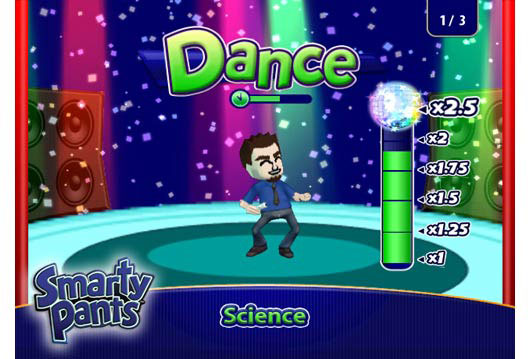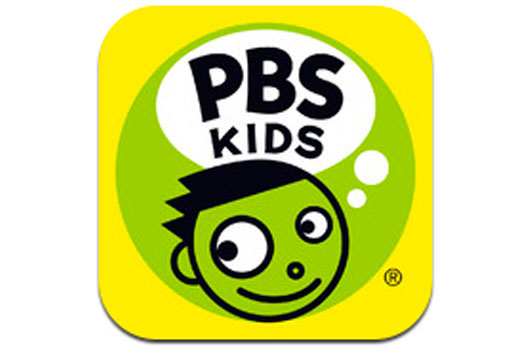
Me, a Special Ed teacher? I’ve never been a patient person. Not at almost 34 and definitely not at 22. Yet, after graduating from the University of Massachusetts at Amherst, I took a profession where patience, understanding and even more patience is needed. I became a Special Education public school teacher.
My formal training was nonexistent. Unless two summers teaching creative writing to middle school students counts as real world experience. At the time, I knew I wasn’t prepared to teach. I wasn’t even sure I wanted to teach. I was fresh out of college. I had emailed resumes and cover letters for months and had yet to receive a call back from NBC, ABC or CBS. I wanted to be a star! I also needed a job. And the NYC Department of Education needed…bodies.
Read Related: Benefits of Inclusion for Kids With Special Needs
It was September 2000. According to statistics, one hundred fifty thousand New York City children did not have a certified teacher in their classroom at the time. The main cause of the shortage was a high retirement rate and low interest in the field of education from the younger generation. In New York City, the United Federation of Teachers also blamed teacher salaries. In September 2000, a first-year teacher with a Bachelors degree earned $31,900. Recent graduates weren’t interested in the poor pay and a classroom full of kids, even with the enticing paid summer vacation. Neither was I, really. Still, off this body went, Bachelors degree in Communications (not education) in hand, to District 6, where they were evaluating transcripts of a future generation of (uncertified) teachers.
I sat on a dark wooden bench and waited my turn. Beside me sat a robust woman with smooth chocolate skin and a cranberry pout.
“Are you applying to be a teacher?” I asked with an innocent smile.
“Yeah,” she replied, sighing. “They’re hiring without any teaching experience, and I was fed up with my old job,” Ms. Cranberry Pout complained with a frown.
I nodded, unsure of what to say next. This was my first real job. I was finally going to receive a check with a four-digit number attached, even if FICA did take it all. Ms. Cranberry Pout, on the other hand, wanted to escape the pressures of working as a social worker in a detention center.
“Kids are better than criminals, right?” She joked as she was called in for her interview.
Right.
Unlike my fellow comrade in education, who just so happened to become my future co-worker, I was much more positive. I was always great with kids because they thought I was cool. At 22 years old, I had the energy to put up with a rambunctious bunch. Kids also often feared my fiery and intolerant personality, which often triggered my temper.
What a great teacher I would be!
“Sujeiry!” The clerk called as Ms. Cranberry Pout walked out. She nodded as I passed her, and I knew she was in.
I walked into a cubicle. Once seated, I handed a folder to an overweight, balding older man. Inside the folder was my college transcript, a completed teacher application, a money order and my approved background check. He reviewed the documents, circling the few education credits I had earned at UMass at Amherst. Ten minutes later, he looked up at me and smiled.
“Welcome to the NYC Department of Education,” he stated dryly.
He handed me a piece of paper, deeming me hirable. I was now a temporarily licensed teacher. I could find employment at any elementary school.
I walked away feeling unprepared. Because I was a 22-year-old college graduate with no formal training. Because I have no patience yet, five days later, I was hired to mold minds in an elementary school in my neighborhood of Washington Heights. Just like that my journey began.
I was a Special Education Body. I mean, teacher.











